June 2, 2025 | 16:36 GMT +7
June 2, 2025 | 16:36 GMT +7
Hotline: 0913.378.918
June 2, 2025 | 16:36 GMT +7
Hotline: 0913.378.918
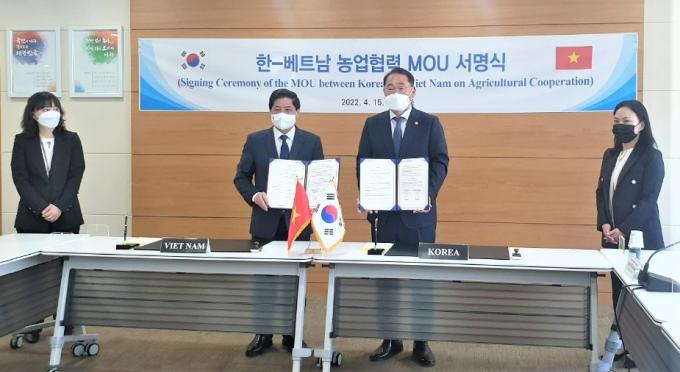
Vietnam's Deputy Minister of Agriculture and Rural Development Le Quoc Doanh (left) signed a Memorandum of Understanding on bilateral cooperation with South Korea's Vice Minister of Agriculture, Food and Rural Affairs Kim Jong-hoo.
On April 15, Vietnamese MARD Deputy Minister Le Quoc Doanh met with and signed a Memorandum of Understanding on bilateral cooperation with South Korean Agriculture, Food, and Rural Affairs Deputy Minister Kim Jong-hoo at the South Korean ministry's headquarters. The document aims to foster additional collaboration in agriculture, which fits the two nations' strategic partnership. Deputy Minister Kim Jong-hoo welcomed and conveyed his appreciation for the visit led by Deputy Minister Le Quoc Doanh and the MARD delegation during the discussion.
his is the very first visit received by the Ministry of Agriculture, Food and Rural Affairs since the outbreak of the Covid-19 pandemic. Mr. Kim Jong-hoo lauded the visit, which is likely to contribute to the two nations' strategic partnership in the agricultural sector to expand and yield more concrete results.
Congratulating Vietnam's agricultural achievements in the past and prospective growth in the future, Deputy Minister Kim Jong-hoo anticipated greater exchanges between the two sides on cooperative measures of mutual benefit as well as measures to address outstanding issues between the two countries to further promote two-way agricultural trade between the two countries. He considered that both South Korea and Vietnam have unmatched potential and strength for agricultural development cooperation, hence fostering conditions for mutual benefits.
On behalf of Vietnam's MARD working group, Deputy Minister Le Quoc Doanh expressed gratitude to his South Korean counterpart for the reception, emphasizing that Vietnam values the development of a strategic cooperative partnership with South Korea and anticipates that Korea will continue to share experiences and promote substantive cooperation in agriculture, forestry, and fisheries through capacity building projects, technology transfer, investment, and trade... Specifically, improving the efficiency of the two sides' Memorandum of Understanding on agricultural and rural development cooperation in 2014.
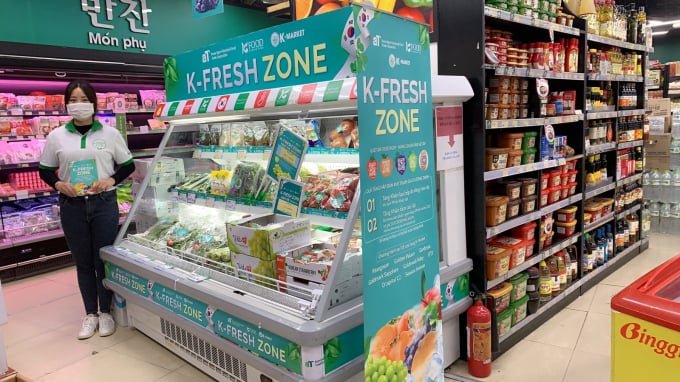
Both South Korea and Vietnam possess unique potential and advantages to cooperate in agricultural development, creating development conditions and mutual benefits.
Deputy Minister Le Quoc Doanh underlined that, despite the pandemic's severe consequences, several South Korean professionals have been sent to work in Vietnam in recent years. The agro-forestry-fishery trade has been unaffected.
In 2021, Vietnam's agro-forestry-fishery export turnover to South Korea hit USD 2.92 billion, an increase of 17.4 percent year on year. This achievement was made possible by a succession of practical collaborations and assistance from international friends of MARD, including extensive and successful collaboration with the South Korean government.
Between 2019 and 2022, South Korea collaborated with and supported Vietnam in implementing 30 programs and projects in agriculture and rural development totaling over USD 136 million, including 21 technical assistance programs and projects using non-refundable aid worth nearly USD 50 million; and 1 project utilizing concessional loans worth nearly USD 86 million.
MARD has effectively directed and implemented these projects. For finished programs and projects, the Ministry is focused on guiding the inheritance of results and replicating the model; the benefits of these projects have clearly and steadily increased farmers' income and livelihoods.
Regarding the future direction of cooperation, Deputy Minister Le Quoc Doanh remarked that the goods of both countries are complementary rather than competitive. As a result, the Deputy Minister recommended that the Korean side consider opening the market for fresh fruits such as grapefruit, longan, lychee, rambutan, and passion fruit as soon as possible.
Two Vietnamese hot steam treatment plants have been recognized by South Korea. MARD, on the other hand, requested that more competent establishments be recognized and that the factory inspection program for mango products be transferred to the Vietnamese side shortly. It is advised that for animal-origin products, the application be approved early to facilitate the market entry of processed chicken products.
At the talk, Deputy Minister Le Quoc Doanh proposed that South Korea continue implementing concluded cooperative topics, which focused on some contents:
To begin, promoting information exchange and collaborating to improve the business environment to attract South Korean investors to invest in Vietnam's agriculture sector, with a particular emphasis on fields where South Korea performs best, such as high-tech agriculture, smart farming, and value chain development.
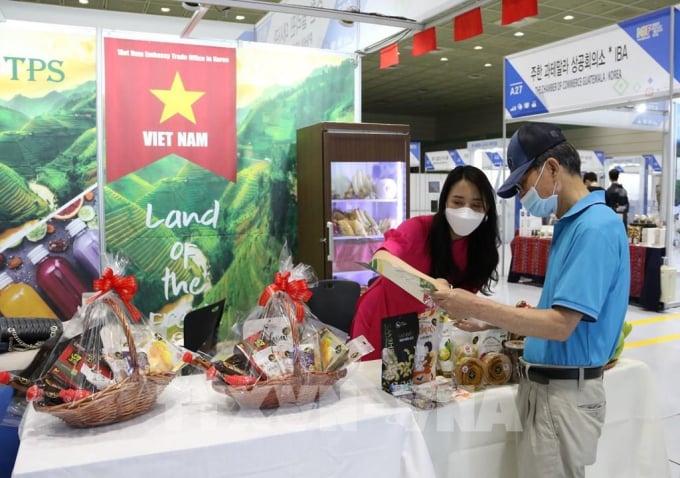
Deputy Minister Le Quoc Doanh suggested that the South Korean side soon consider opening the market for fresh fruits such as grapefruit, longan, lychee, rambutan, and passion fruit. Photo: Manh Hung/VNA.
Second, consider establishing a Combined working group to promote South Korean enterprises' investment in Vietnam's agriculture sector within the scope of the Vietnam-Korea Intergovernmental Committee.
Thirdly, support cooperation programs in irrigation, drainage, and rural clean water, as well as technical assistance for completing the in-field irrigation system associated with smart irrigation and drainage, reducing greenhouse gas emissions, and increasing irrigation system and water use efficiency. Fourth, to create cooperative economic models, expand agricultural extension in collaboration with local agricultural technical institutes, and alter rural employment and development.
Deputy Minister Kim Jong-hoo stated that he fully agreed with the assessment of the two Ministries' potential for collaboration in the future and acknowledged suggestions, considering Vietnam’s documents in order preference to promote the market opening. On the other hand, he suggested that Vietnam explore several products, including cantaloupe, pork, and pork products, for these products to join the Vietnamese market soon.
For ODA projects, Deputy Minister Kim Jong-hoo proposed that Vietnam assist in the implementation of four ongoing projects according to the agreed schedule; at the same time, the two countries signed a new agreement on livestock production and continued to implement the project effectively on smart farms.
The South Korean agriculture deputy minister stated that the Vietnam Academy of Agricultural Sciences is performing wonderfully and effectively in the smart farm project, which involves the use of smart greenhouses to cultivate vegetables, fruits, and flowers, as well as the training of technical employees. Certainly, the initiative will aid in the growth of Vietnam's agriculture business.
Deputy Ministers Le Quoc Doanh and Kim Jong-hoo signed a Memorandum of Understanding between the Vietnamese Ministry of Agriculture and Rural Development and the South Korean Ministry of Agriculture, Food, and Rural Affairs. The latter stated that it is critical to have high-level exchanges between the two ministries to pave the way for the signing of a Memorandum of Understanding outlining particular areas of collaboration. This lays the groundwork for the two parties to continue coordinating in the implementation of the conference's contents and ideas.
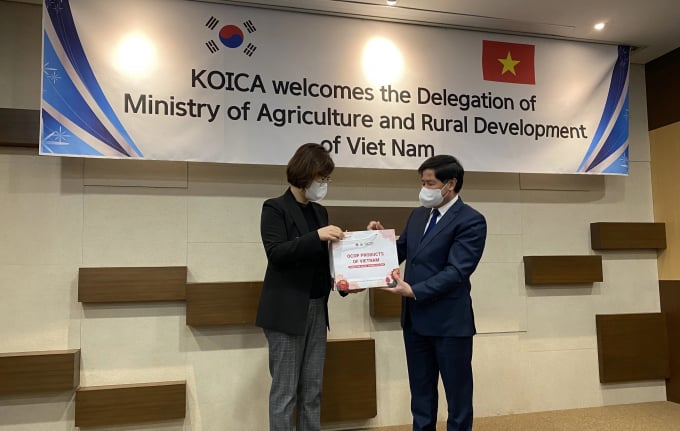
Deputy Minister Le Quoc Doanh met with Jeong Hee Im, Vice President of the Korea International Cooperation Agency (KOICA).
On the same day, Deputy Minister Le Quoc Doanh and members of the MARD delegation also met with Jeong Hee Im, Vice President of the Korea International Cooperation Agency (KOICA).
KOICA is one of Vietnam's foreign partners that promotes and assists the country's agricultural sector development via a variety of programs and initiatives focused on capacity building, technology transfer, investment, and agro-forestry-fishery trade exchange.
Deputy Minister Le Quoc Doanh expressed gratitude to KOICA on behalf of MARD for its multifaceted collaboration and assistance throughout the years. The Ministry has collaborated with KOICA to design a medium-term vision, which is anticipated to be inked in May 2022, on the 30th anniversary of the establishment of diplomatic relations between Vietnam and South Korea.
The Vietnamese ministry anticipated that a medium- and long-term strategic cooperative agricultural vision between Vietnam and South Korea will be finalized and implemented shortly, assisting Vietnam in reaching desired goals in eco-agriculture, modern rural regions, and smart farming.
The Deputy Minister advised that KOICA maintain its focus on high-tech agriculture, digital transformation, and agricultural value chains in each ecological region. Supporting programs and initiatives that boost each country's potential, agricultural infrastructure projects such as irrigation and fishing ports, and promoting green growth and decreasing agricultural emissions by Vietnam's COP26 obligations.
Deputy Minister Le Quoc Doanh anticipates that South Korea and KOICA would conduct programs to strengthen managers' capabilities in agricultural and rural regions. He proposed strengthening each side's potential and comparative strength by diversifying forms of cooperation from technical assistance and technology transfer to new forms of investment such as public-private partnerships, joint ventures, and value chains, as well as by facilitating and encouraging new Korean enterprises to invest in Vietnamese agriculture.
Translated by Linh Linh

(VAN) From the meeting in Ha Long, the United Nations called for the establishment of a legally binding global treaty to end plastic pollution.
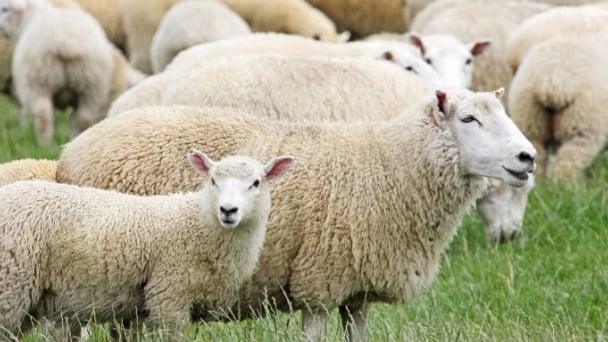
(VAN) ‘Accounting trick’ to support methane-emitting sectors undermines fight against climate change, say researchers.
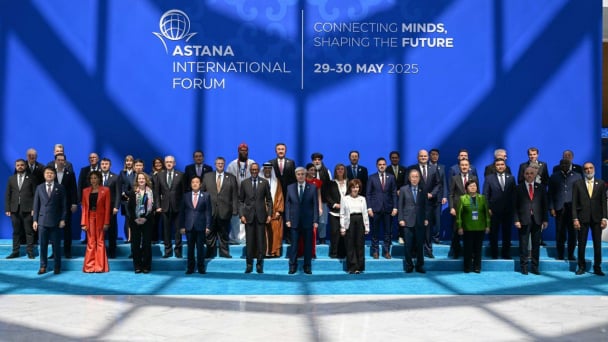
(VAN) Water conservation, transboundary cooperation and sustainable agriculture are key to securing the region’s future, says FAO Director-General QU Dongyu.
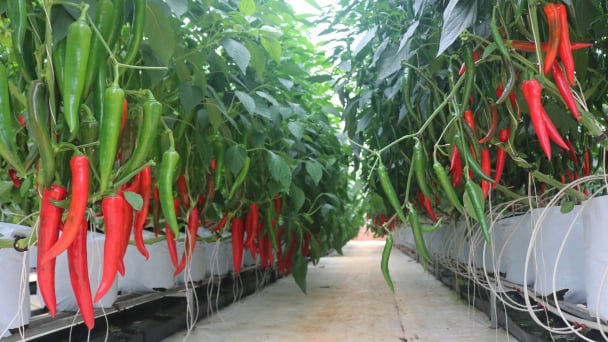
(VAN) Professor Dr. Mai Trong Nhuan believes that Lam Dong will serve as a 'supermarket' of green agricultural products for the entire country and a beautiful destination acting as a 'health charging station' for tourists.
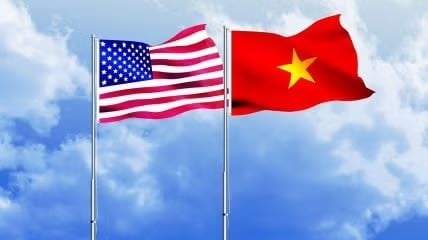
(VAN) A delegation of nearly 50 Vietnamese agencies, agribusinesses, and agricultural associations has officially begun its working trip to the United States.
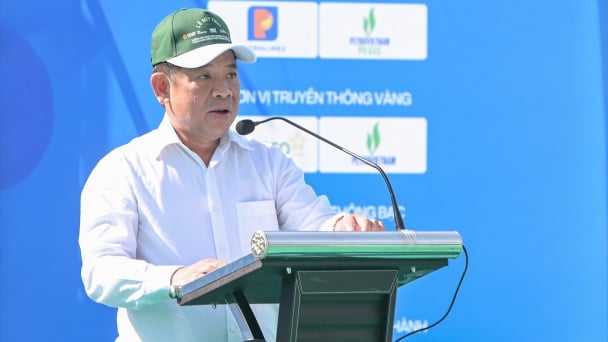
(VAN) Mr. Van Ngoc Thinh, CEO of WWF-Vietnam, warned that plastic waste is the starting point of a chain of ecological degradation and the decline of coastal livelihoods.

(VAN) Quang Ninh’s leaders have affirmed that the province was one of the first localities in the country to launch a province-wide campaign against plastic waste.